ways to foster
types of fostering
types of foster care
There are many different types of foster care but they all share one thing in common – they offer a home. A place to feel safe. A place to learn, laugh and be loved. A space for a child to grow.
Fostering can be as short as an overnight stay or something more permanent. From a short break to something more long term, there are different ways to help.
Each child is unique. The same goes for the foster care they need. No two foster families are the same, either.
Here in Torfaen, we need all sorts of foster carers – for young children. For brothers and sisters. For teenagers, and young parents too. All these children need love and support, and the opportunity to be themselves.
short-term foster care
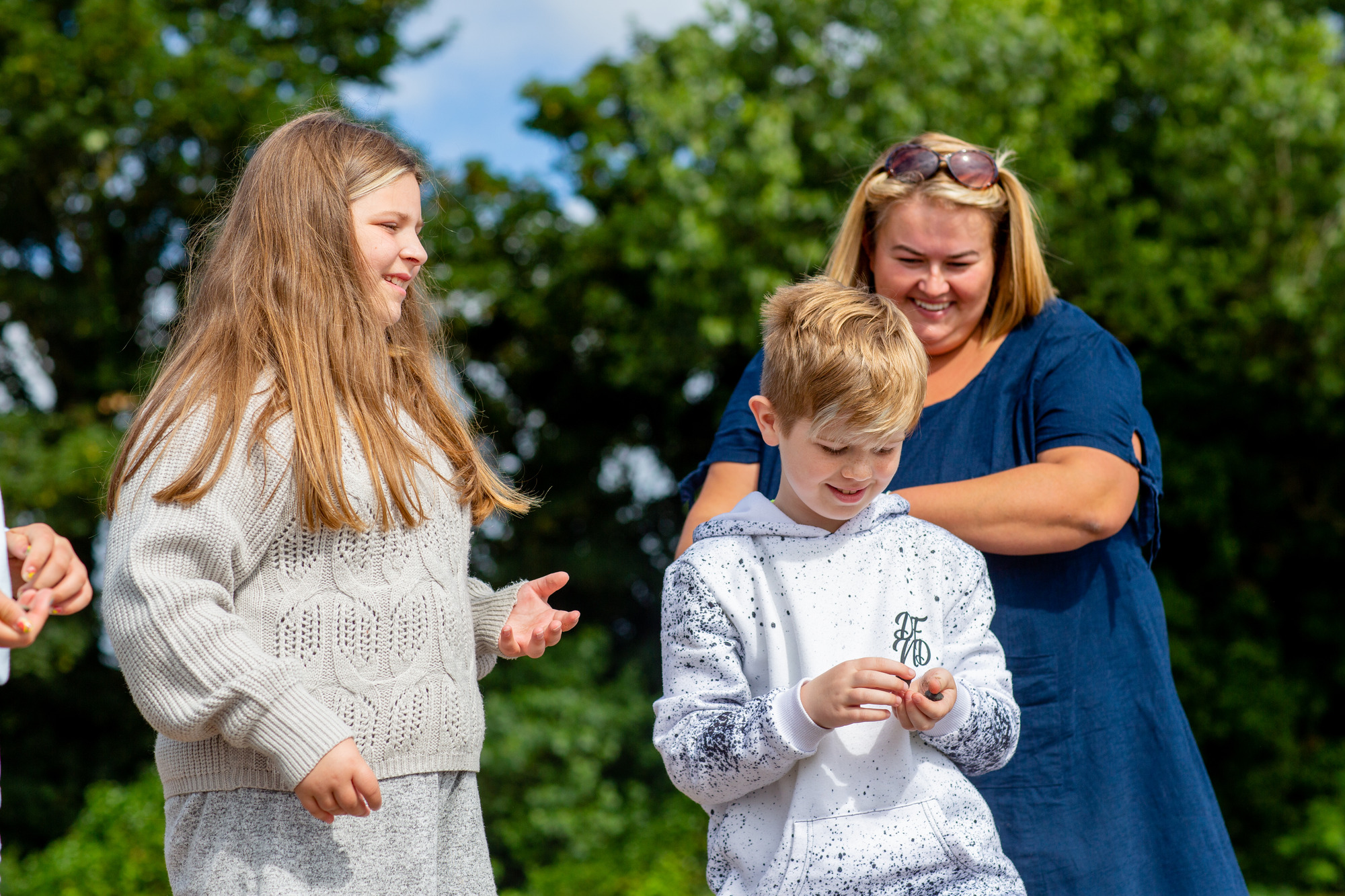
Short-term fostering can mean anything from a day to a whole year. You can foster for a weekend or a month. In this case, it means that we are still making longer-term plans for a child.
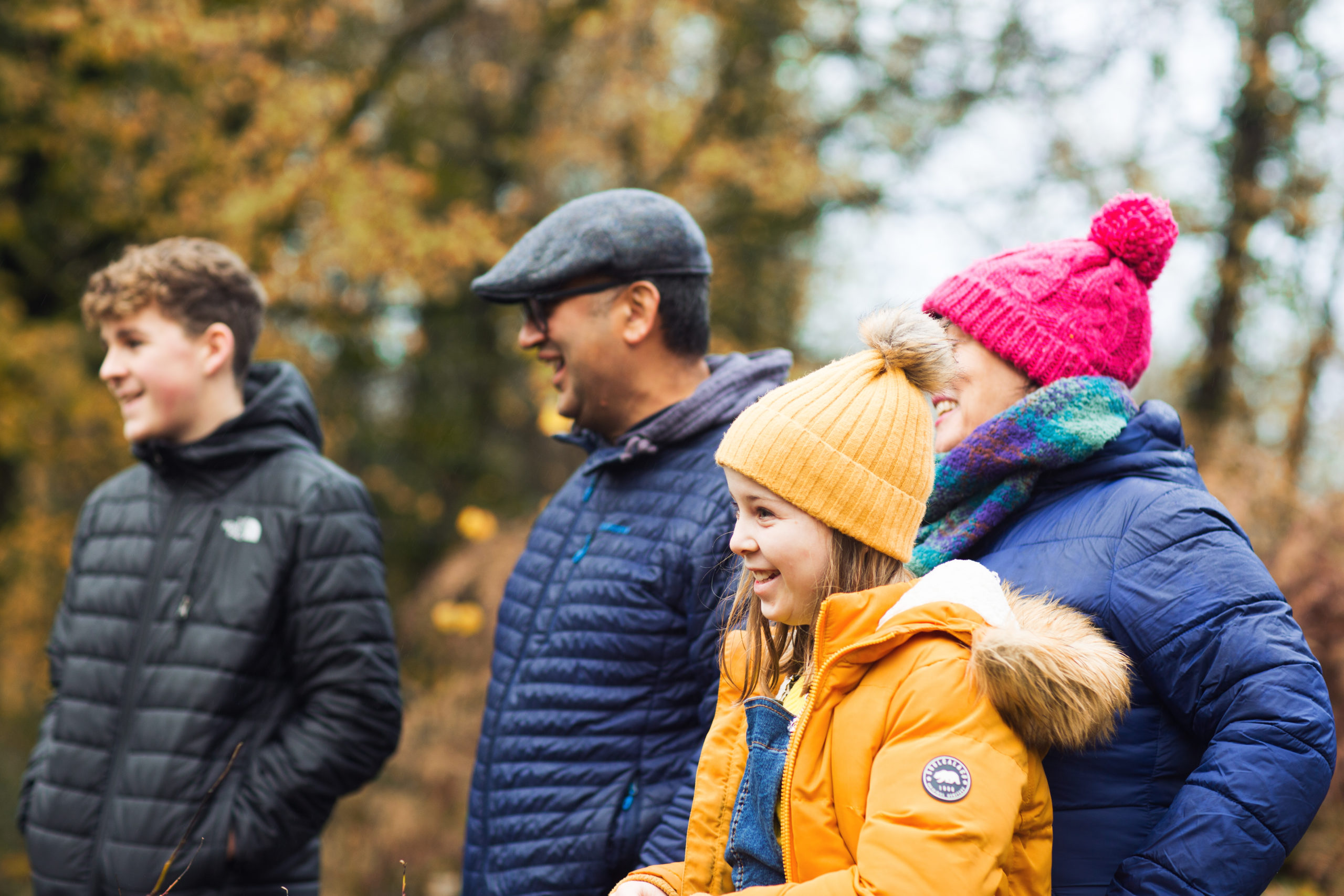
When you become a short-term foster carer with Foster Wales Torfaen, we will work together to move the child forwards towards the next step. Short-term means you will be there to help a child when they need you. You will be there, even when it’s time to help them move on to their family, another foster family or for adoption.
Even though it’s a short amount of time, a short stay can have a big impact. It can be the first step on a wonderful journey that is exciting and brand new for every child in our care, as well as every foster carer too.
long-term foster care
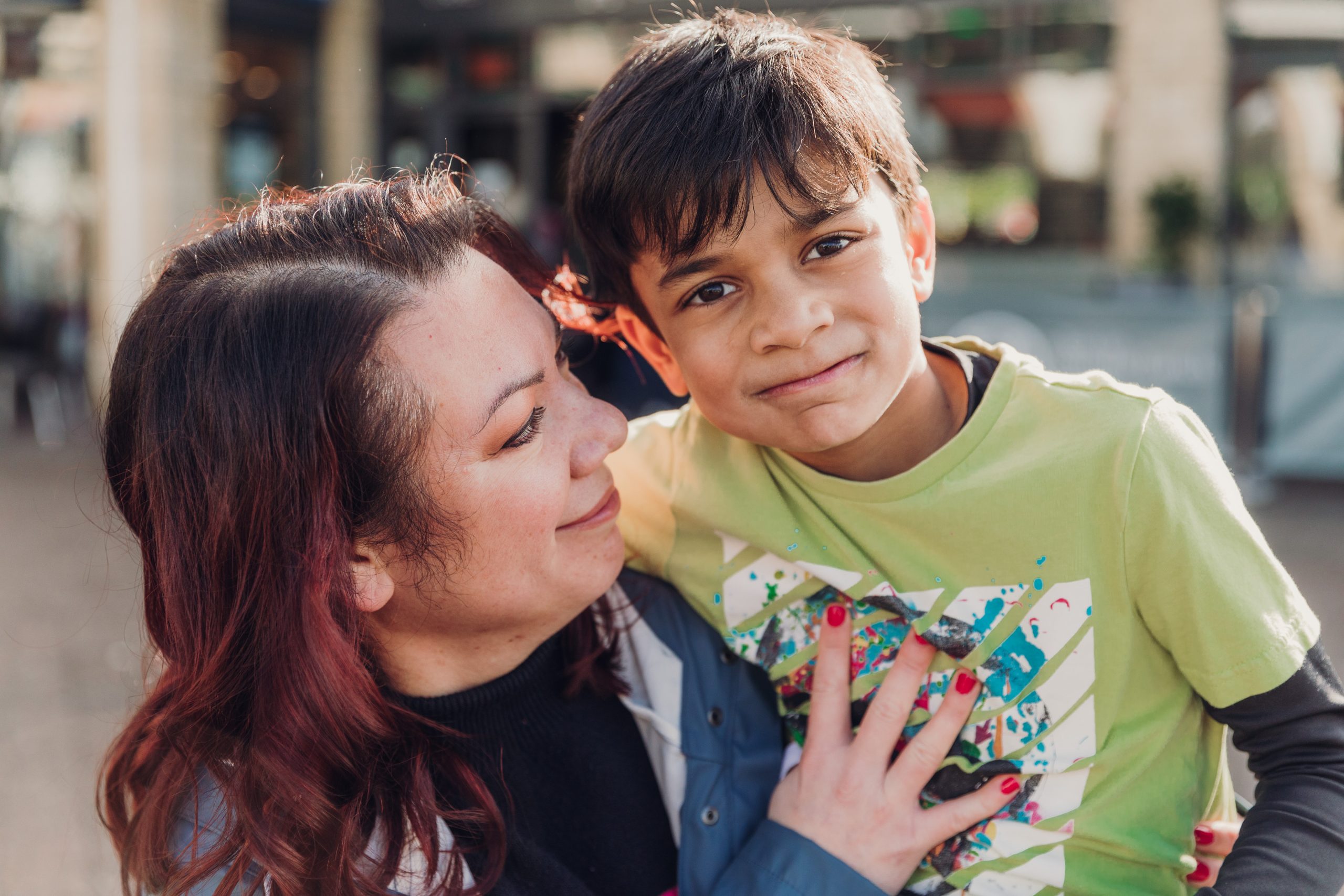
If a child is unable to live at home, long-term foster care can represent a family in a new home.
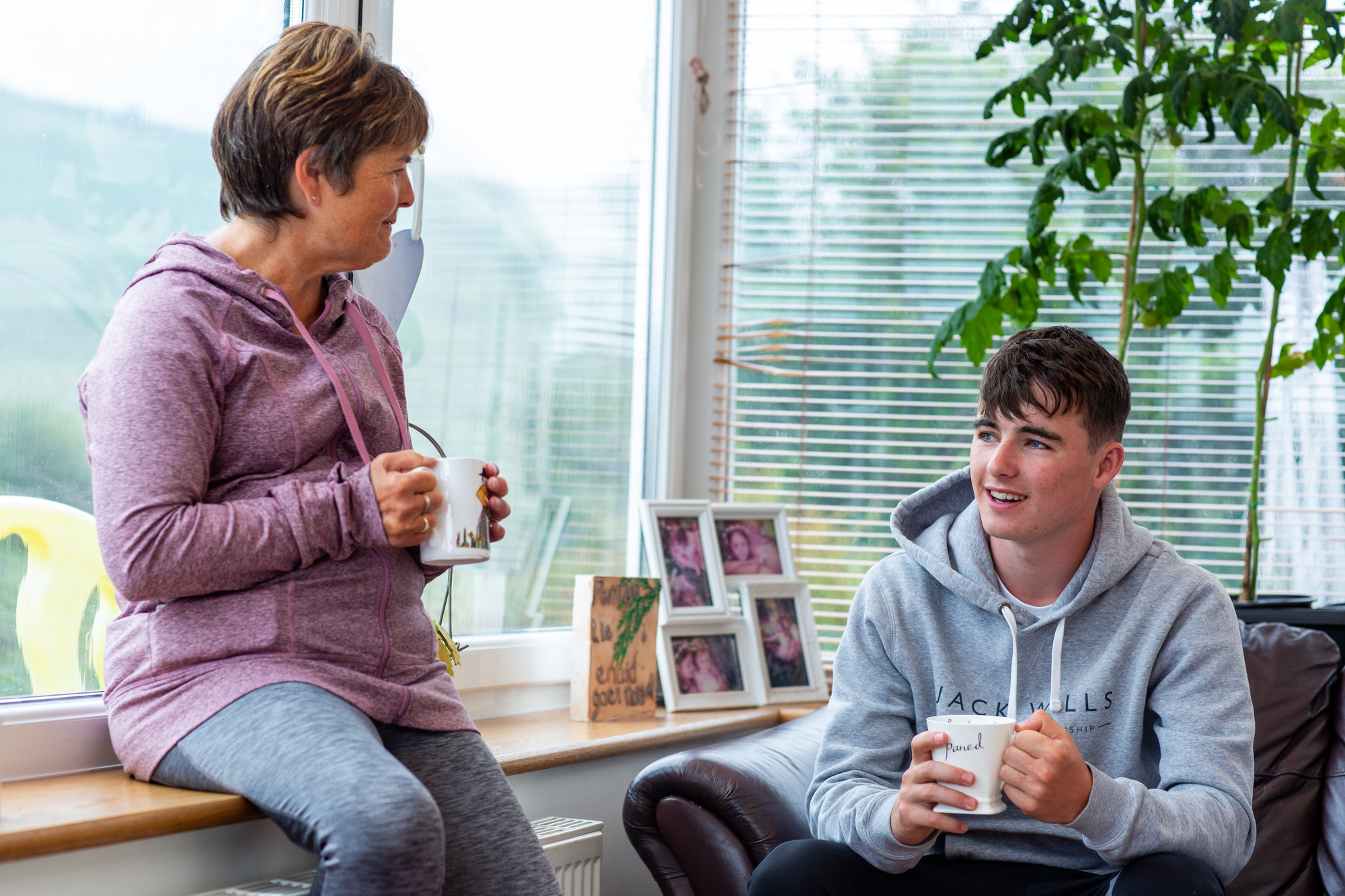
Careful and thoughtful matching goes into long-term foster care. We make sure that the right foster child is brought together with the right carer for as long as they need. It’s simply about providing a safe and secure environment for a child. An offering of permanent residence. A home. For every child, it means a loving, stable foster family – perhaps for life.
specialist kinds of foster care
All kinds of foster care are covered under the headers of short-term and long-term. This includes some more specialist types which need a specific type of approval, such as:
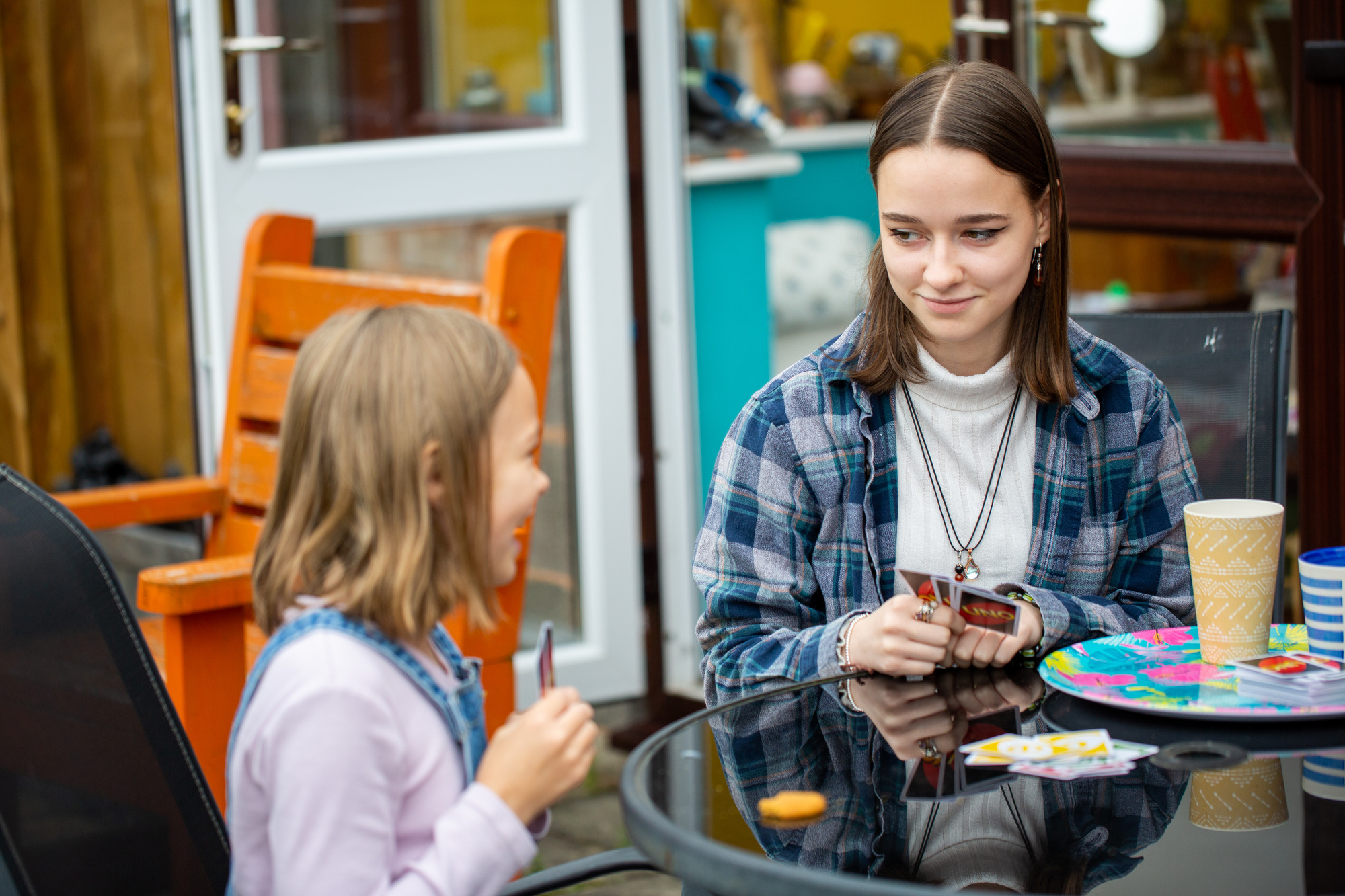
short breaks
We all need time for ourselves. This is why short breaks are available. It’s so children can take a little time away from their family.
These short breaks, also known as ‘support care’, can involve taking a child in for the night, during the day or for the weekend. The breaks are planned in advance but can be a regular thing. It’s about offering new experiences and opportunities. It allows you to come together with a child to make a difference. You can become a part of the child’s family and help them on their life journey.
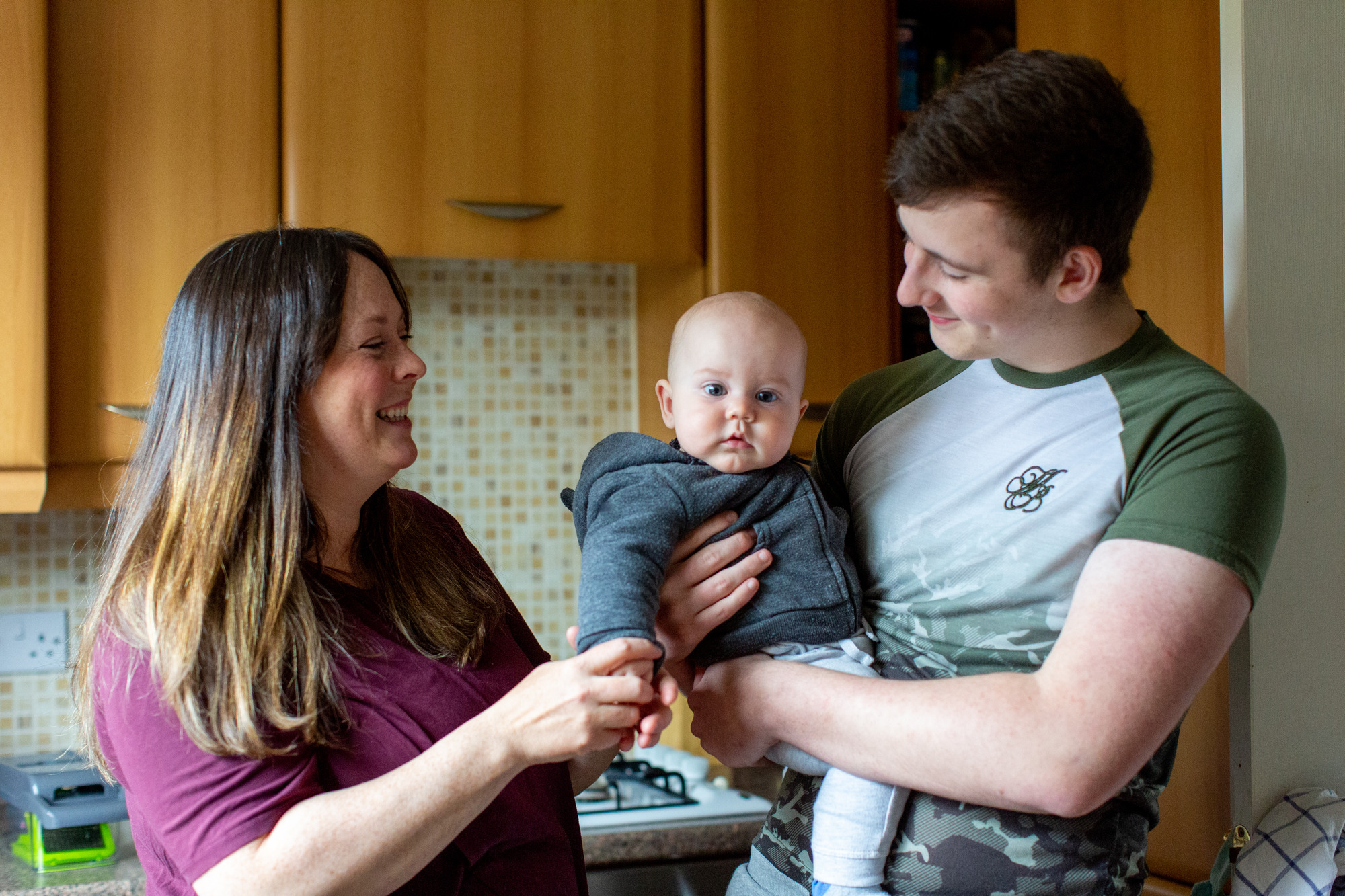
parent and child
Parent and child placements allow you to share your own experience as a parent. You can share this with somebody who really needs your support. You get to care for a new generation so they can do the same in the future. It’s so parents can build up the skills that they need – personally and for their child.
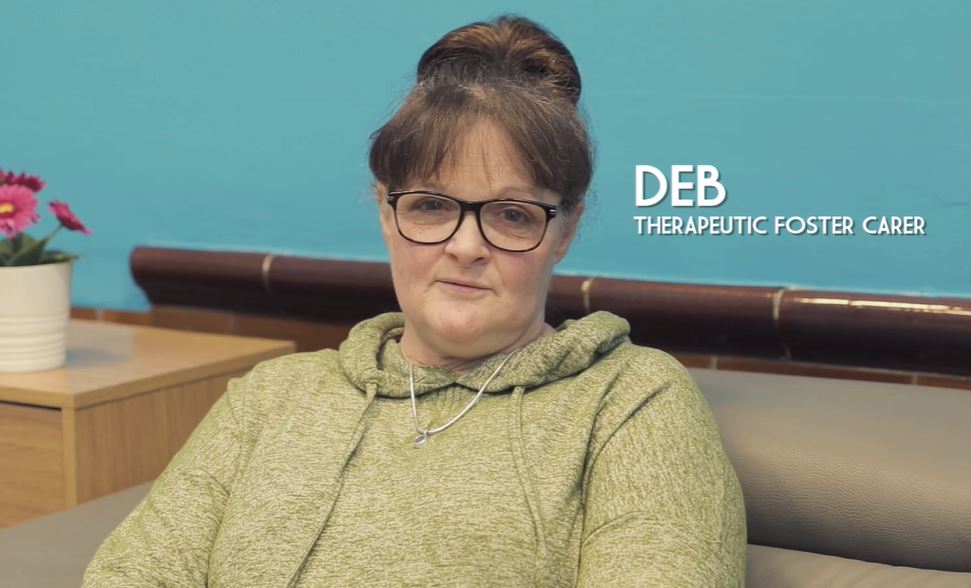
therapeutic care – My Support Team (MyST)
Some children with additional emotional or behavioral needs can sometimes require different kinds of care. This is where therapeutic placements come in. There is a wider scope of support available for therapeutic carers and their children, to help with all the unique aspects of every child’s care. Always.
Here is a short film of some of our wonderful foster carers. Find out more: https://www.mysupportteam.org.uk/therapeutic-fostering/
supported lodgings
Leaving home is daunting and exciting for any young person. When a young person is leaving foster care or doesn’t have family to support them, this can be more challenging.
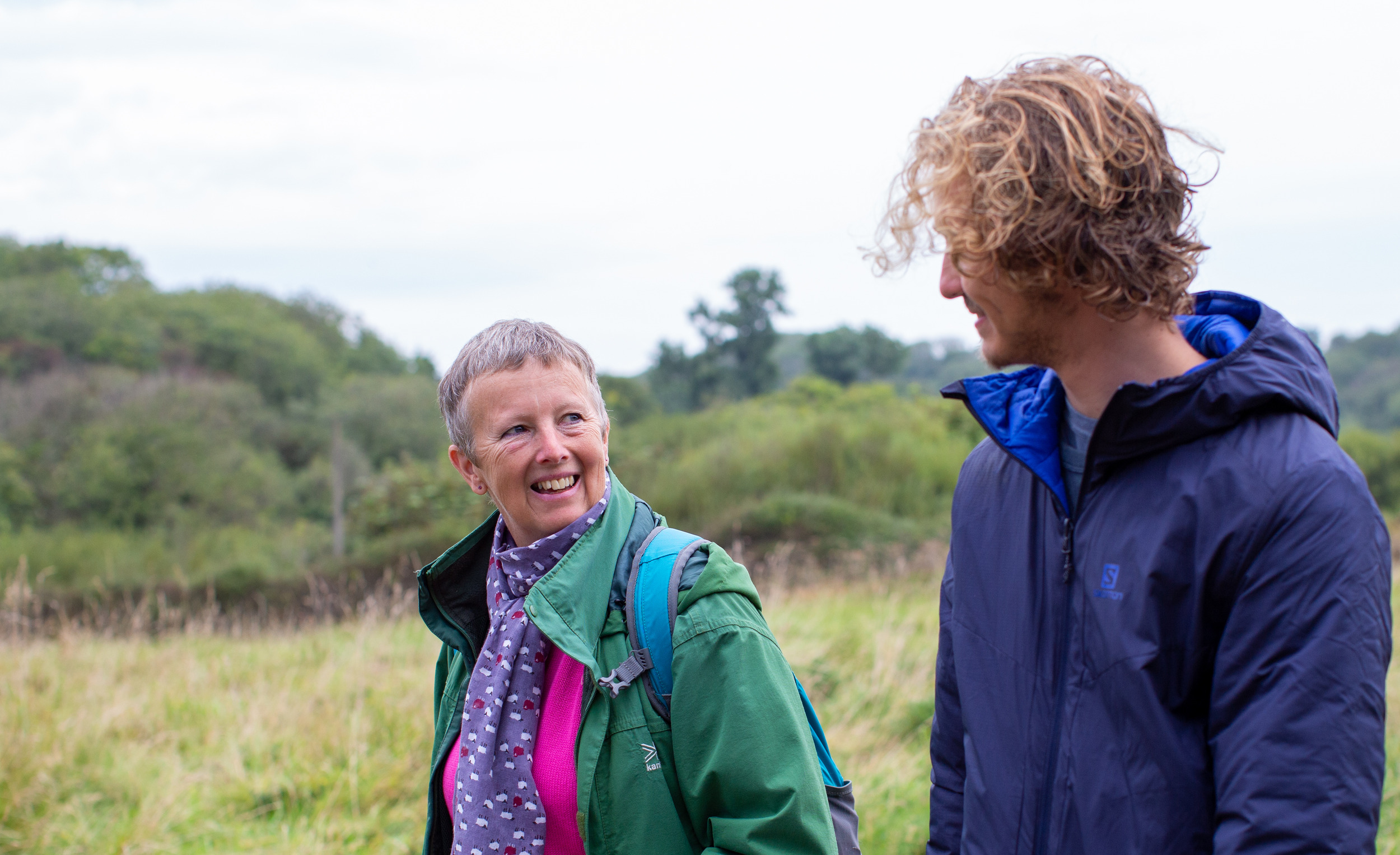
You could help a young person aged 16-21 by providing a bridge between care and living independently. You’d support the young person in a similar way to a lodger. You wouldn’t be registered as a foster carer and will be assessed differently.
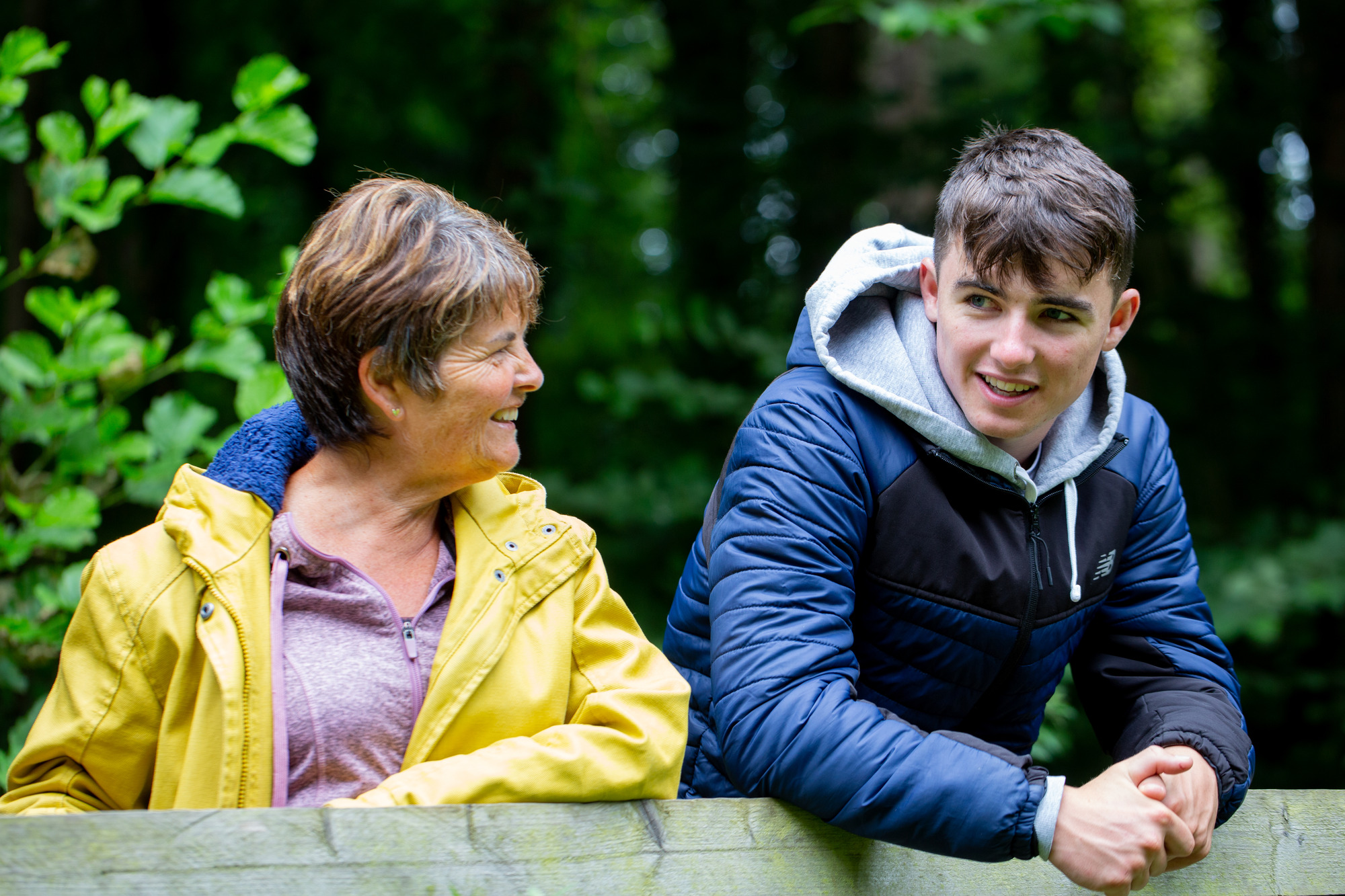
You’d provide them with a spare bedroom but also help them to attend education, job-seeking or training and with life skills like cooking and budgeting. Supported lodgings is a great way to get started in caring for young people, alongside your other commitments.

